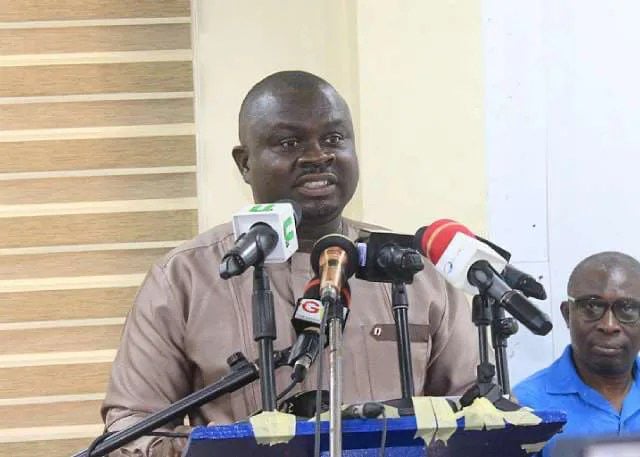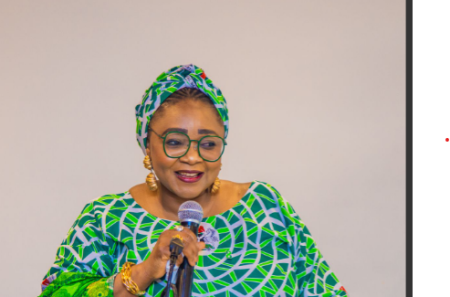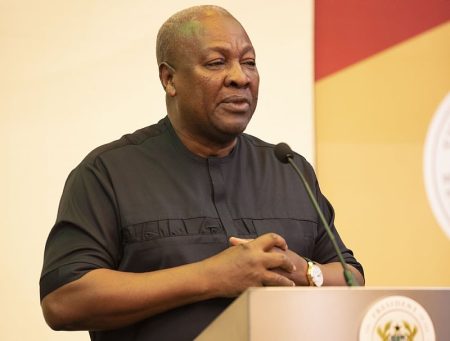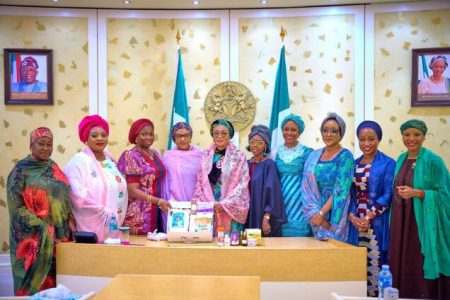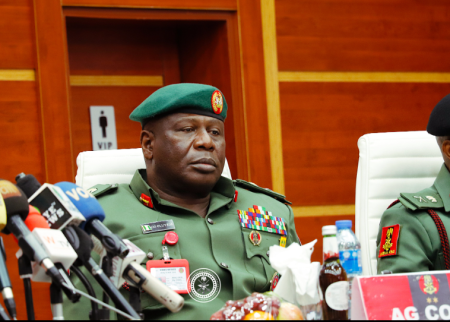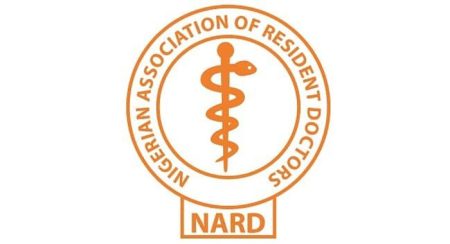The Ghana Journalists Association (GJA) issued a poignant appeal to media practitioners across all platforms, urging them to uphold the highest standards of professionalism and ethical conduct in their coverage of the tragic military helicopter crash that occurred on Wednesday, August 6th. This catastrophic event resulted in the loss of eight lives, including two prominent government ministers, and triggered a surge of disturbing images and unverified videos purportedly from the crash site circulating across various media channels. The GJA unequivocally condemned the dissemination of such graphic content, emphasizing the need for sensitivity and respect during this period of national mourning.
The GJA’s statement, released on August 7th and signed by its President, Albert Kwabena Dwumfour, underscored the importance of responsible reporting, particularly in the context of a tragedy that has deeply affected the nation. The association implored journalists to demonstrate empathy and refrain from sensationalizing the incident, urging them to prioritize the dignity and memory of the deceased. Specifically, the GJA called for an immediate halt to the circulation of gory images and videos, characterizing such actions as highly insensitive and a blatant violation of journalistic ethics. This appeal extends beyond professional journalists to encompass the general public, highlighting the collective responsibility to treat the incident with the solemnity it deserves.
The helicopter crash claimed the lives of eight individuals, including two high-ranking government officials: Dr. Edward Omane Boamah, the Minister for Defence, and Alhaji Dr. Ibrahim Murtala Mohammed, the Minister for Environment, Science, Technology, and Innovation. Other victims included Alhaji Muniru Mohammed, the Acting Deputy National Security Coordinator; Dr. Samuel Sarpong, Vice Chairman of the National Democratic Congress (NDC); Mr. Samuel Aboagye, a former parliamentary candidate; Squadron Leader Peter Anala; Flying Officer Twum Ampadu; and Sergeant Ernest Addo. These individuals were en route to Obuasi for the launch of a crucial government initiative, the Responsible Cooperative Mining and Skills Development Programme, aimed at combating illegal mining activities. Their untimely deaths represent a significant loss for the nation.
The GJA’s call for responsible reporting reflects a broader concern about the ethical implications of disseminating graphic content in the digital age. The rapid spread of unverified information and disturbing visuals through social media and online platforms poses a significant challenge to maintaining journalistic integrity and public trust. The association’s statement serves as a timely reminder of the importance of adhering to ethical guidelines, particularly in situations involving tragedy and loss. The GJA emphasizes the responsibility of journalists to act as gatekeepers of information, ensuring accuracy, avoiding sensationalism, and prioritizing the well-being of those affected by the event.
The mortal remains of the victims were received in Accra on the same day of the crash by a delegation of high-ranking officials, including Chief of Staff Julius Debrah, senior government representatives, and the leadership of the Ghana Armed Forces. This solemn reception underscored the national significance of the tragedy and the profound impact it has had on the country. The GJA’s statement, issued amidst this backdrop of grief, serves as a crucial reminder of the role of responsible journalism in navigating such sensitive events and upholding the dignity of those who have perished.
The GJA’s appeal highlights the delicate balance between the public’s right to know and the ethical obligation to avoid causing further harm or distress. In the digital age, where information spreads rapidly and unchecked, the need for responsible journalism becomes even more critical. The association’s statement serves as a valuable guide for media practitioners and the public alike, emphasizing the importance of empathy, accuracy, and ethical considerations in reporting on tragic events. The incident underscores the need for continued dialogue and reflection on the ethical challenges posed by the dissemination of information in the digital age.





